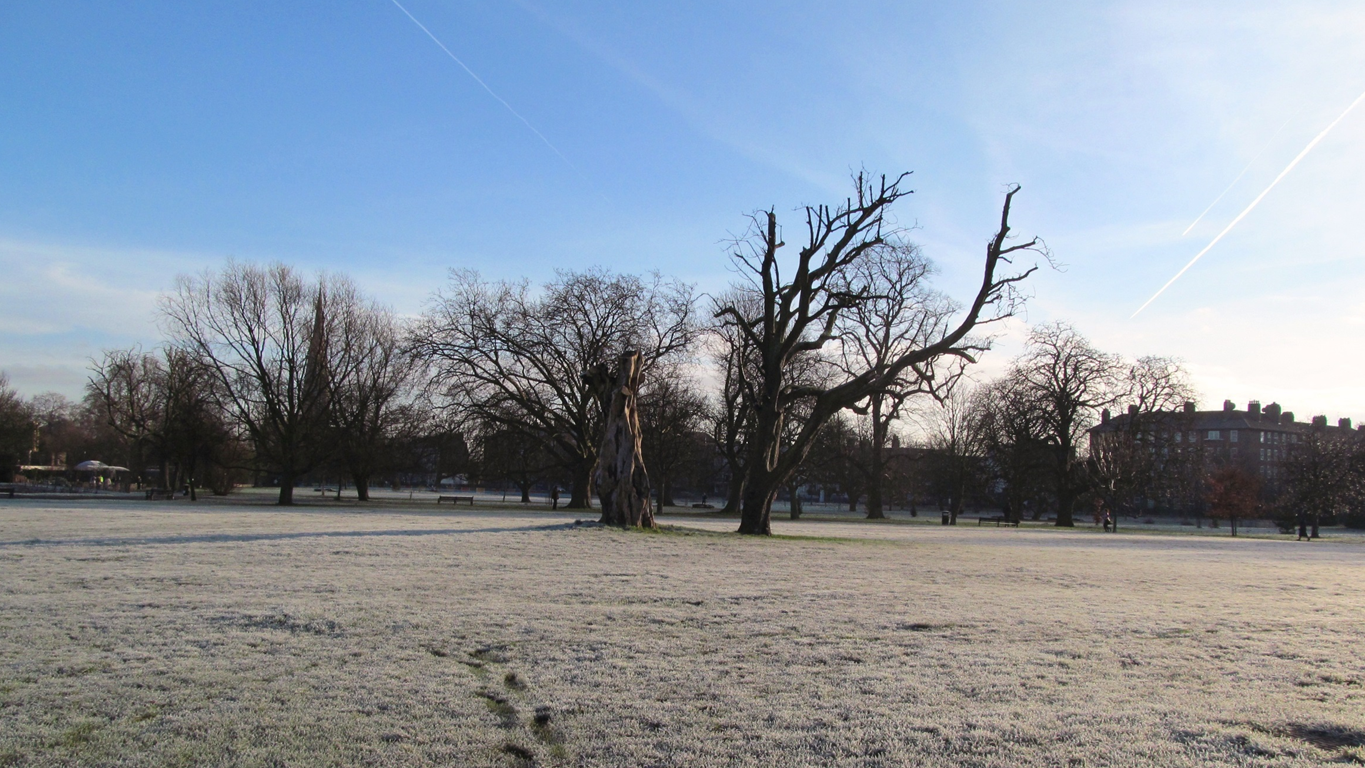Winter is almost upon us and we have recently launched a variety of initiatives to support people to stay well and independent through the season. These include the annual seasonal flu vaccine programme, the cold weather plan for England, and a public facing media campaign ‘Stay Well this Winter’.
My focus is to reduce the risks to health from exposure to cold temperatures. We know that cold weather plays a part in a whole range of health problems like flu, exacerbation of circulatory and respiratory conditions, mental health and wellbeing, social isolation and falls. Some people are particularly at risk of becoming seriously ill and possibly losing their independence as a result.
Being cold at home is a major risk factor for winter deaths and illnesses. Those most at risk include frail older adults and people with multiple health conditions, who find they may need greater support from health and social care services in winter, and may be fearful of losing their independence through ill-health.
That said, it is not just the old and frail that experience cold-related health problems. Young families can also be affected; for instance a cold home environment has been linked with poor mental health and lower educational achievement in adolescents, and an increased incidence of respiratory infections in children with asthma.
That’s why I welcome the many programmes across the country, that are focussing on identifying and supporting people in their homes in winter, but also throughout the year. Many of these schemes are already consistent with the guidance issued by NICE earlier this year of a single point of contact housing and health referral service, that provides solutions tailored to the individual’s needs and preferences.
As has been demonstrated in previous evaluations, these schemes can help individuals navigate an otherwise complex system, enabling individuals to access a whole range of support beyond the initial presenting problem.
Fundamental to the success of all these schemes is partnership working among the many agencies (statutory, voluntary and private) that care for people who need support. This is essential at a strategic level to ensure needs are met in the best way possible and a joined-up service is provided. How these services are delivered depends on the local context; some being delivered by local authorities, others by voluntary sector organisations.
Many people are unaware of the risk cold homes pose to their health or of the services and benefits available to help them. Front-line staff and volunteers who visit people in their own home are often best placed to spot problems in the home environment and refer people for help.
This includes people who work in traditional health roles, such as GPs and nurses and allied health professionals but also groups such as fire and rescue teams doing home safety checks, heating engineers, smart meter installers, housing professionals and community and voluntary groups.
So if you’re in one of these professional groups and you want to support people to stay well and independent this winter, find out before the cold weather really sets in, what service your local area provides and how to make referrals. A catalogue of schemes that link fuel poverty and health is a good starting point, but your local authority and a whole range of local and national voluntary groups can also point you in the right direction.

